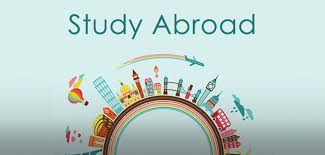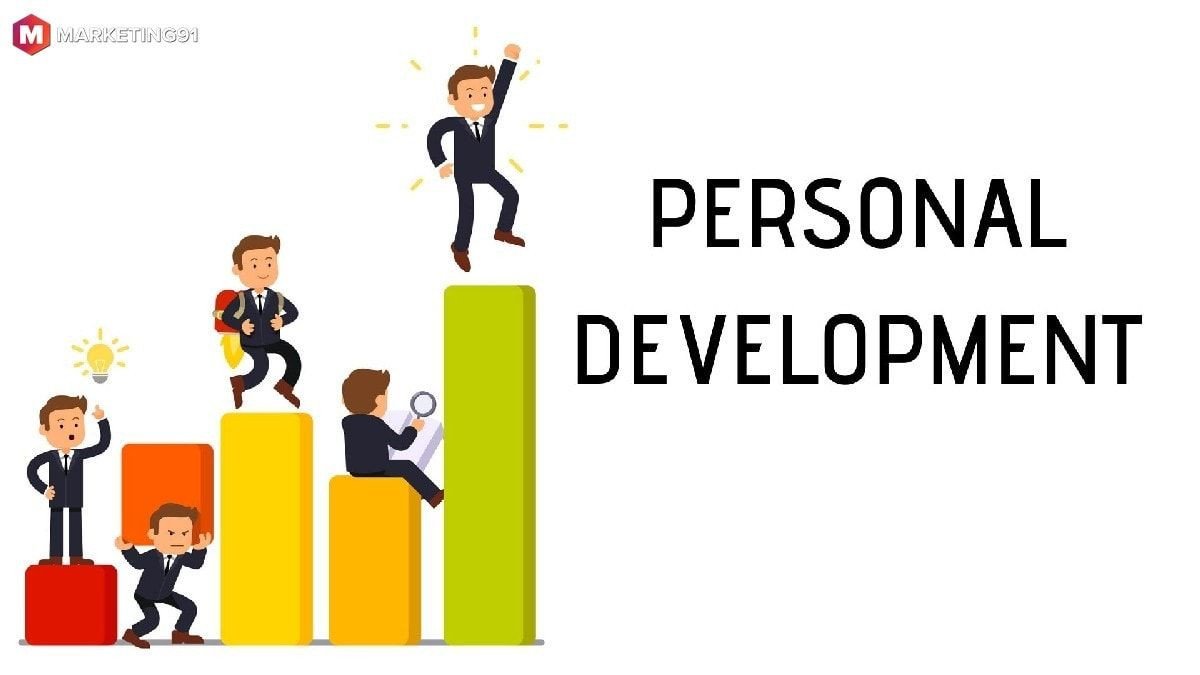
Study Abroad
Study Abroad: Exploring Opportunities for Global Education
Studying abroad is a life-changing experience that offers students the chance to gain a global perspective, immerse themselves in a new culture, and enhance their academic and personal growth. Whether you're considering a semester exchange, a full degree program, or a summer course abroad, the benefits are immense. In this blog, we'll explore the advantages of studying abroad and provide practical tips to help you make the most of this exciting opportunity.
1. The Benefits of Studying Abroad
Studying abroad comes with numerous benefits that can positively impact your academic, professional, and personal life:
- Cultural Immersion: Experience a new culture firsthand, including its traditions, language, and lifestyle.
- Academic Excellence: Access high-quality education and unique courses that may not be available at home.
- Language Skills: Improve your language proficiency through daily practice and interaction with native speakers.
- Global Network: Build a network of international friends and professional contacts.
- Personal Growth: Gain independence, confidence, and adaptability by navigating new environments.
2. Choosing the Right Program
Selecting the right study abroad program is crucial for a successful experience. Consider the following factors:
- Destination: Choose a country that aligns with your academic goals, interests, and language skills.
- Program Type: Decide between exchange programs, direct enrollment, or specialized study abroad programs.
- Duration: Determine how long you want to study abroad—options range from short-term summer programs to full academic years.
- Accreditation: Ensure the program is accredited and that credits will transfer to your home institution.
3. Preparing for Your Study Abroad Experience
Proper preparation is key to making the most of your study abroad experience:
- Research: Gather information about your destination, including its culture, customs, and education system.
- Documentation: Obtain necessary documents, such as a valid passport, student visa, and health insurance.
- Finances: Budget for tuition, living expenses, travel, and other costs. Explore scholarships and financial aid options.
- Health: Schedule a health check-up and ensure you have all required vaccinations and medications.
4. Adapting to a New Culture
Cultural adaptation can be challenging but also rewarding:
- Open-mindedness: Approach new experiences with an open mind and a willingness to learn.
- Respect: Show respect for local customs, traditions, and social norms.
- Language: Practice the local language regularly to enhance communication and integration.
- Support: Seek support from fellow students, faculty, and local resources if you experience culture shock or homesickness.
5. Maximizing Your Academic and Personal Growth
Make the most of your study abroad experience by actively engaging in both academic and extracurricular activities:
- Attend Classes: Participate actively in classes and seek out academic support if needed.
- Explore: Take advantage of travel opportunities to explore your host country and neighboring regions.
- Extracurriculars: Join clubs, organizations, and activities to meet new people and enrich your experience.
- Reflect: Keep a journal or blog to document your experiences, thoughts, and growth throughout your journey.
6. Building a Global Network
Studying abroad provides a unique opportunity to build a global network of friends and professional contacts:
- Connect: Make an effort to connect with local students, faculty, and other international students.
- Professional Opportunities: Seek internships, volunteer positions, or part-time jobs to gain practical experience.
- Stay in Touch: Maintain relationships with the people you meet, as they can become valuable connections in the future.
7. Returning Home
The end of your study abroad experience is just the beginning of applying what you've learned:
- Reflect and Share: Reflect on your experiences and share your insights with friends, family, and peers.
- Utilize Skills: Apply the skills and knowledge you've gained to your academic and professional pursuits.
- Stay Involved: Stay connected with the international community and consider future opportunities for travel and global engagement.



0 comments